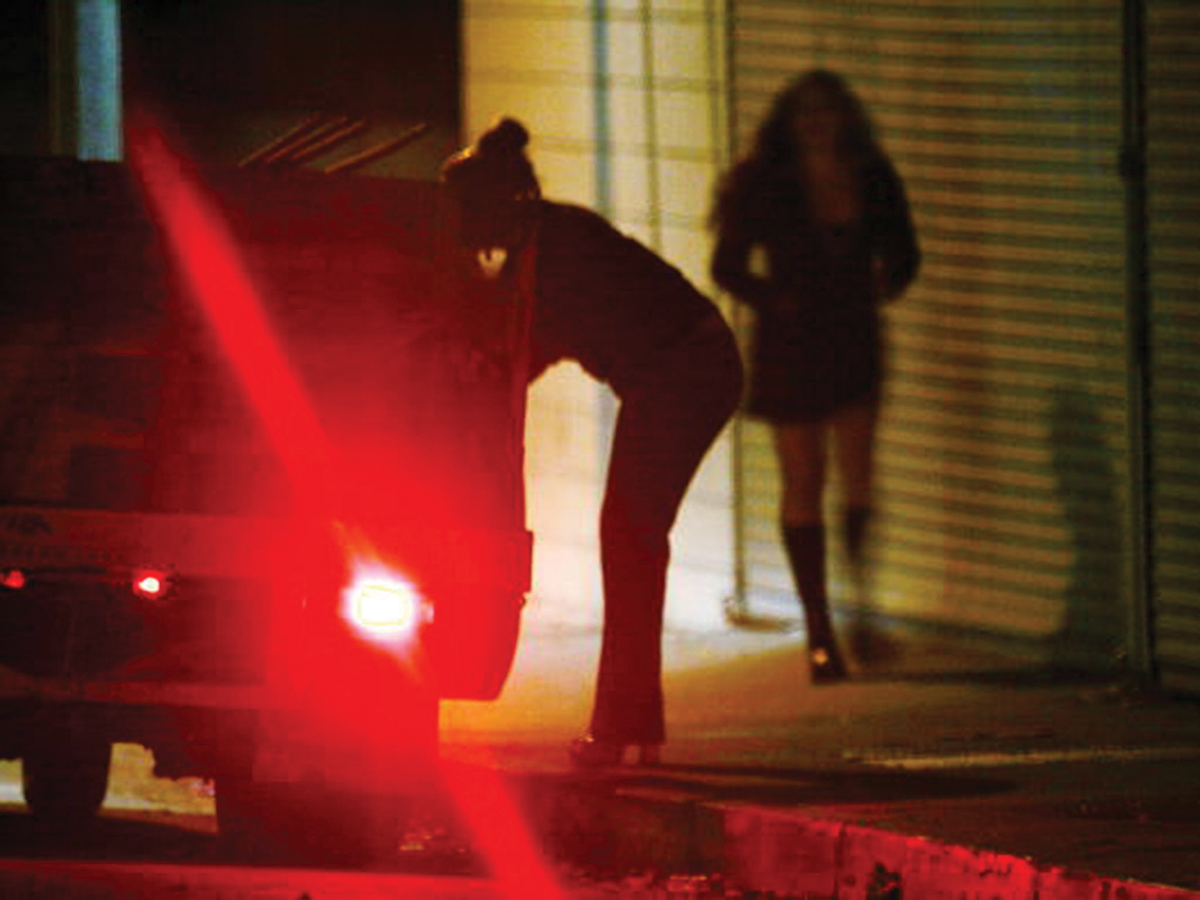By: Krystyn Decker
Often looked down upon and stigmatized, sex workers have to overcome the negative labels placed on them by society, which has been continuously wrongly justified over the years
 Sex work is an umbrella term for the exchange of sexual services, performances, and products; it is not to be confused solely with prostitution. Often looked down upon and stigmatized, sex workers have to overcome the negative labels placed on them by society, which has been continuously wrongly justified over the years.
Sex work is an umbrella term for the exchange of sexual services, performances, and products; it is not to be confused solely with prostitution. Often looked down upon and stigmatized, sex workers have to overcome the negative labels placed on them by society, which has been continuously wrongly justified over the years.
The fear or the hate of sex workers is something that affects all women and men working in the industry, in the hatred and violence it brings to them. It is a well known fact that we should not judge or fear things we know nothing about, but how do we break the stigmas attached to this industry?
Before Judgement
Kerri Cull, writer and author, recently published a book called Rock Paper Sex: The Oldest Profession in Canada’s Oldest City. The book focuses on a thriving sex trade which exists quietly in the capital city. Written in a journalistic style, Cull respectfully shares interviews and stories regarding the diverse sex industry, and in the process, makes a very compelling argument for understanding before judgement. The Herald caught up with Cull via phone for an exclusive interview on the new release.
“When I first started writing, or well I should say when I first started researching, I really had no idea what I was getting into,” Cull shared. “I just had a lot of questions about it. You know, what was the landscape of that like in St. John’s, who was doing it? Who was selling sex, who was buying sex, what type of people are engaged in this world?”
Cull admits that it wasn’t an overall easy task to speak with workers. Lots of people were willing, but it was a lengthy process for her to build their trust, as people working in this industry know the judgement and stigmas attached to admitting to this line of work. The majority of them also chose to remain anonymous, or used fake names, throughout the book.
Taking the time to go through with the lengthy process of interviews, being interviewed and diving into culture and lives of people in the industry really taught her a lot, and even changed her views on the topic.
“The questions that they asked me really caused me to think about where I stand on certain things, and you know, some things I don’t have answers to. But in regards to how it changed the way I view things, it completely changed it,” Cull said. 
“I was speaking with people who have experience, and those people are the experts in their subject matter. And, I was surprised to learn that there’s a lot of nuance, there’s a lot of stories that aren’t just dark, or aren’t just good. There’s a lot of in-between and that really complicates things right, when we’re talking about it publicly and when people are trying to make policy and laws that protect people.”
Sparking Conversation
Speaking of laws that protect people, a lot of the inspiration behind the book came from Cull feeling deeply affected by the events that took place in St. John’s in 2014. A warning was put into place after sex workers in St. John’s were being lured to hotels, forced into a room and gang-raped by 12 to 20 men.
Police were aware of the allegations, but could not launch an investigation without an official complaint, and official complaints were not made due to the stigmas attached to the industry. Many workers feared they would not be taken seriously, or they would be ‘outed.’
“I think it would just be great if it started drumming up some conversations,” Cull says in regards to her book. “And you know, a lot of people have a hard time talking about this sort of stuff and I think the only way anything changes, the only way the stigma is gonna lessen in our community and in our province is if we start talking about it and not be afraid to use the wrong language and not be afraid to not understand everything.
“I think it’s fair to say that it’s time to end the stigma surrounding sex work, not only in St. John’s, but everywhere. It’s time we stop judging, and start understanding. It’s not for everyone, but it is for some, and it sure isn’t our place to decide what’s for other people, and what’s not.”
Cull continues, “I feel like it’s been a privilege to work on this project with so many people who have such interesting stories and important voices. I really do feel privileged to be a part of that, for sure.”
Rock Paper Sex is available at breakwaterbooks.com or shopdownhome.com
